On World Health Day, we focus our attention on the fundamental right to health for all individuals, regardless of background or circumstance. This year’s theme, “My health, my right,” underscores the importance of ensuring access to quality healthcare, education, information, and environmental conditions for everyone, everywhere. As we reflect on this theme, we turn our attention to the world of track and field, where athletes face formidable challenges both on and off the field. From overcoming childhood illnesses to battling autoimmune disorders and navigating pregnancy, these athletes exemplify resilience and the unwavering pursuit of excellence – two of our core values of what it means to be a TRACKGIRL.
Let’s dive into some inspiring stories of health and strength in track and field to highlight just what female athletes have had to go through.
Wilma Rudolph: Overcoming Adversity
Wilma Rudolph’s journey to greatness began with adversity. Born prematurely in 1940 in Clarksville, Tennessee, she confronted a series of childhood illnesses, including pneumonia and scarlet fever. At the age of four, Rudolph was diagnosed with polio, leaving her with a paralyzed left leg and foot.
Despite these physical challenges, Rudolph refused to be defined by her circumstances. Through years of intensive treatment, including wearing leg braces and undergoing rigorous physical therapy, she defied the odds and regained the use of her leg and eventually emerged as a track and field sensation. Flash forward to 1960, at the Rome Olympics, Rudolph clinched three gold medals in the 100m, 200m, and 4x100m relay. Her ability to overcome challenges not only inspired a generation but also provided hope during the civil rights movement, contributing to the breaking down of racial barriers.
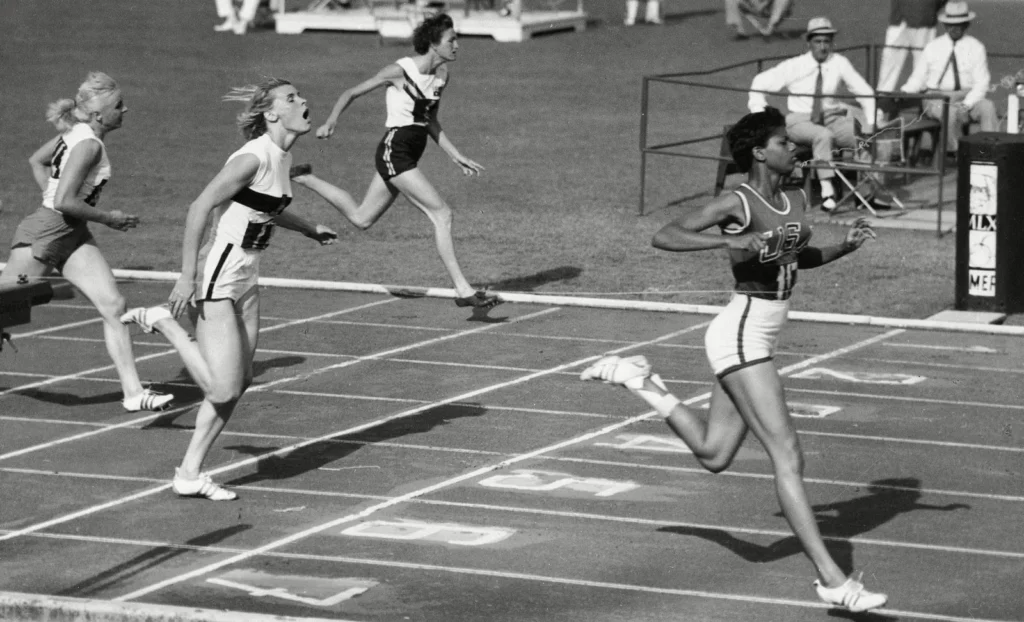
Gail Devers: Conquering Graves’ Disease
Gail Devers, a powerhouse in American track and field, faced her own health battles throughout her illustrious career. Born in 1966, Devers captured Olympic gold in the 100m in 1992 and 1996, along with a gold medal in the 4x100m relay in 1996.
However, behind her achievements lurked a silent adversary: Graves’ disease, an autoimmune disorder affecting the thyroid gland. Despite grappling with debilitating symptoms, including extreme fatigue and weight loss, Devers refused to let her health setbacks define her. Devers’ determination to overcome her health challenges served as an inspiration to triumph over adversity.
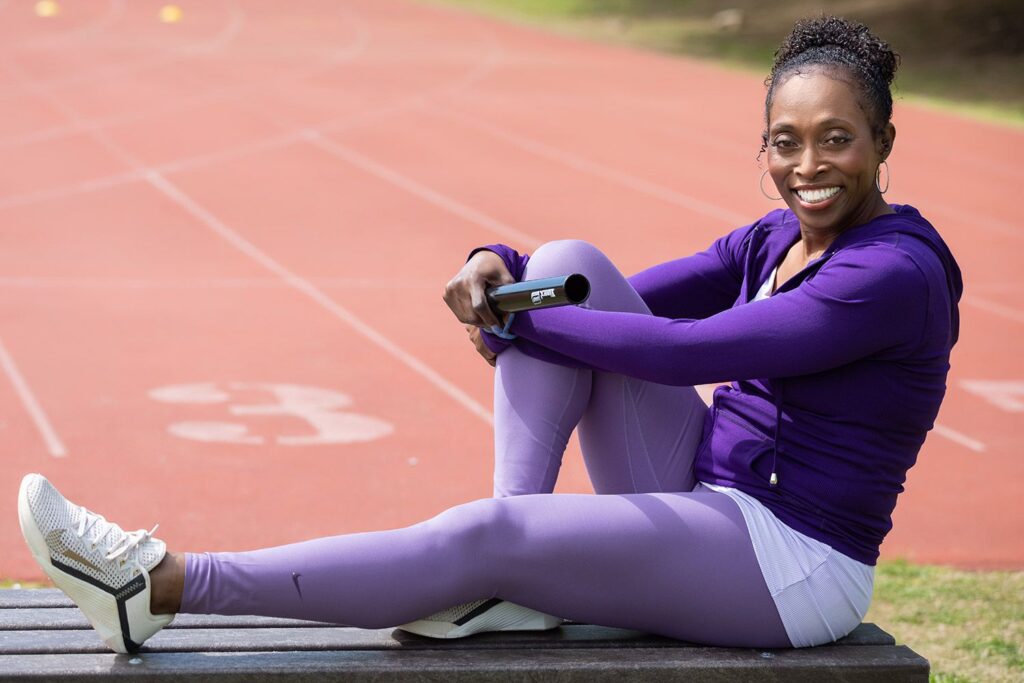
Allyson Felix: Maternal Health Advocate
Allyson Felix, a sprinting icon, born in 1985, boasts an impressive array of accolades, including eleven Olympic medals, seven of them being gold and numerous World Championships. However, her most profound victory surpasses the track.
During her pregnancy in 2018, Felix encountered complications, including pre-eclampsia, a life-threatening condition characterised by high blood pressure and potential organ damage. Despite the difficulty, Felix gave birth prematurely to her daughter via emergency C-section.
Fuelled by her experience, Felix has become a passionate advocate for maternal health and gender equality in sports. Through her advocacy efforts, she amplifies the voices of women facing similar challenges, striving to ensure that all mothers receive the care and support they deserve.

Jackie Joyner-Kersee: Defying the Odds
Jackie Joyner-Kersee, an American track and field legend, etched her name in history with six Olympic medals, including three golds. Born in 1962, Joyner-Kersee grappled with asthma, a chronic respiratory condition that threatened to derail her athletic aspirations. Despite the obstacles posed by her health condition, Joyner-Kersee refused to give up. Her determination propelled her to greatness, culminating in a world record-setting performance in the heptathlon. Today, Joyner-Kersee continues to inspire athletes worldwide, advocating for asthma awareness and sports advocacy.
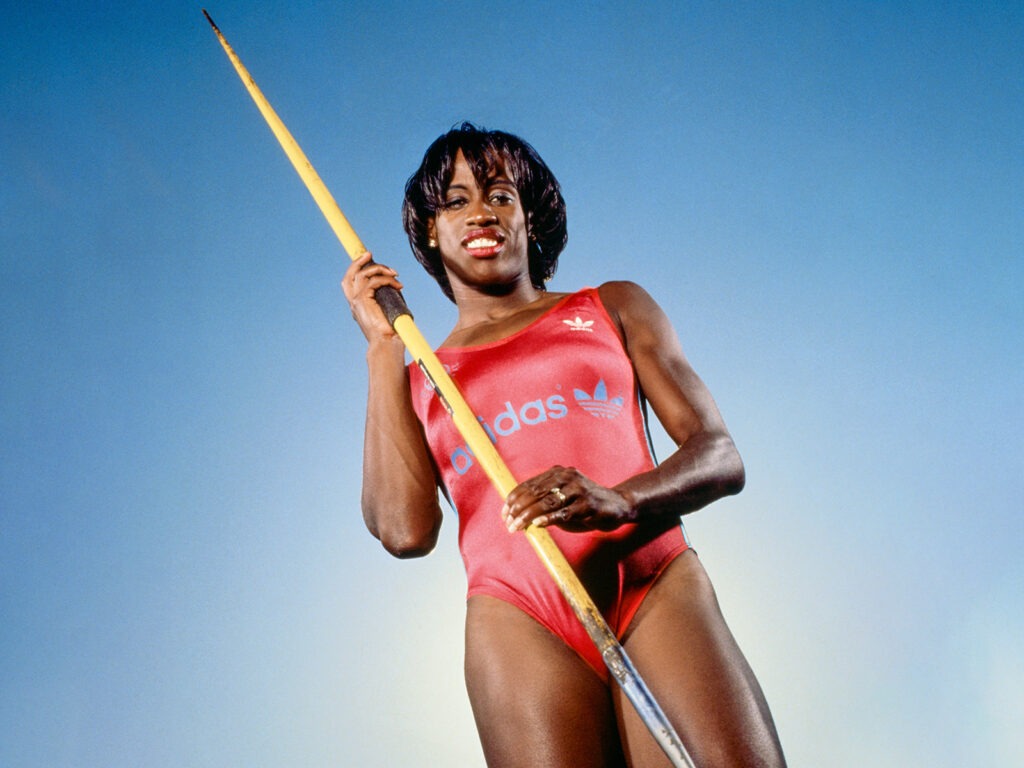
The Implications
As we celebrate their legacies, let us also reflect on the broader implications of World Health Day’s theme, “My health, my right.” This theme underscores the importance of ensuring access to quality healthcare, education, information, and environmental conditions for all individuals. It serves as a call to action to address systemic inequities and disparities in healthcare, advocating for a world where everyone can access the resources needed to lead healthy and fulfilling lives.
In honoring the rights of athletes and individuals alike to health and well-being, we reaffirm our commitment to building a healthier, more equitable world for generations to come. Let us strive to create a future where health is truly a universal right, empowering individuals to reach their full potential and reach new heights.
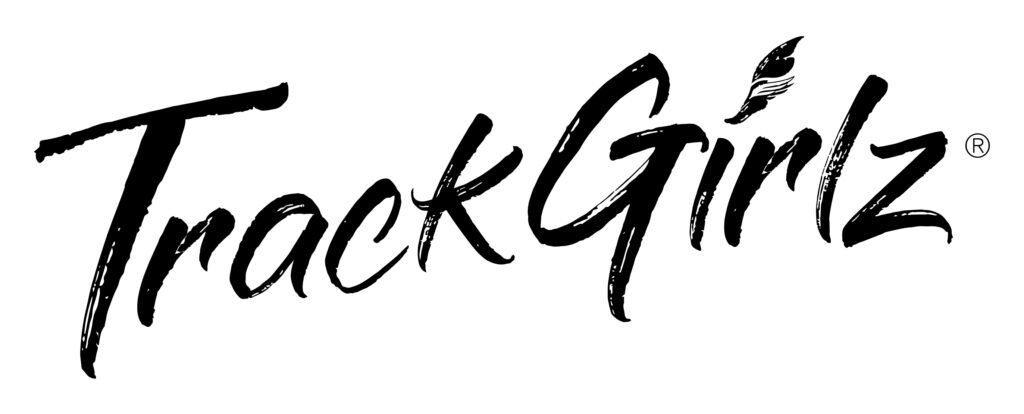


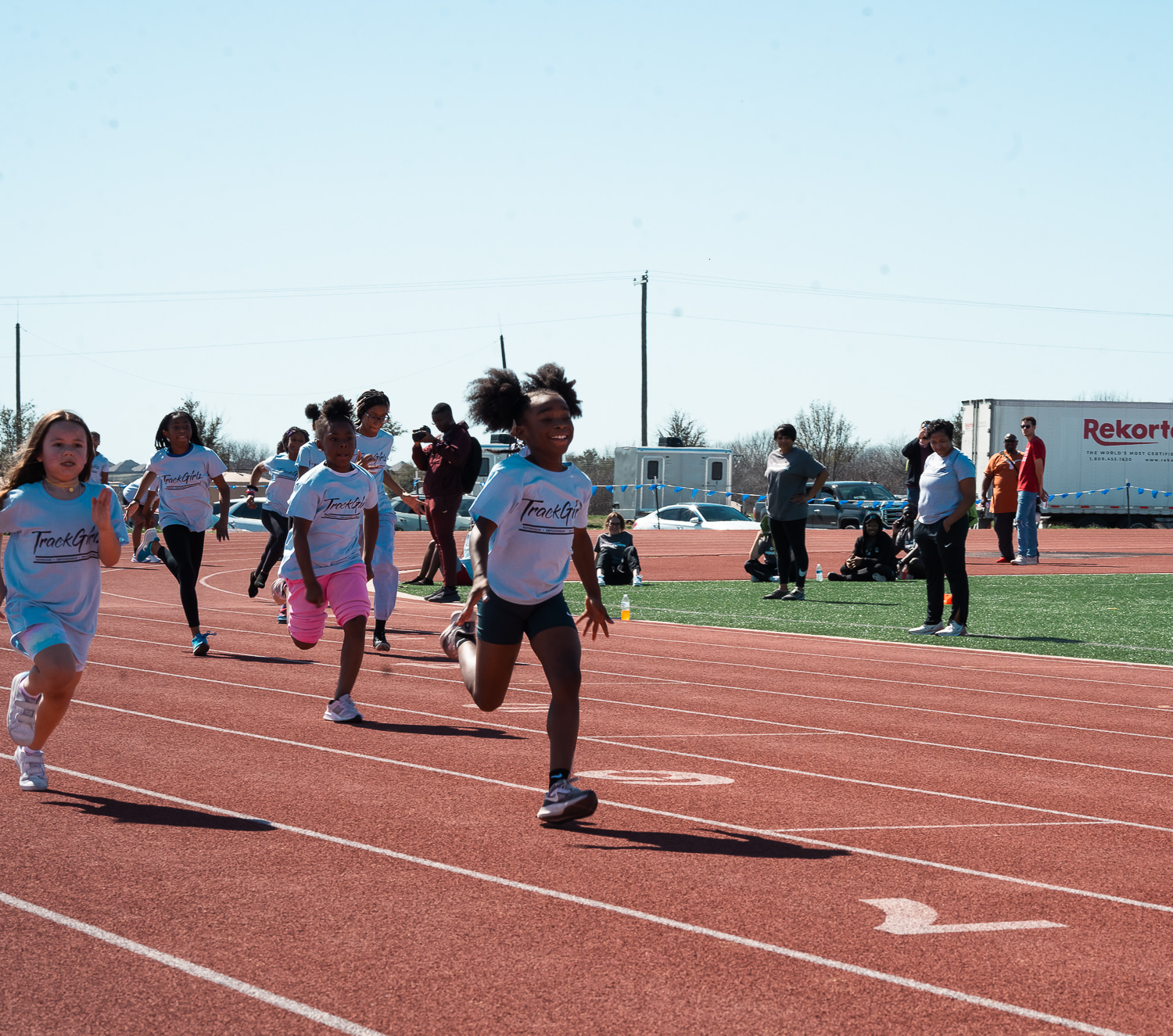

Leave a Reply